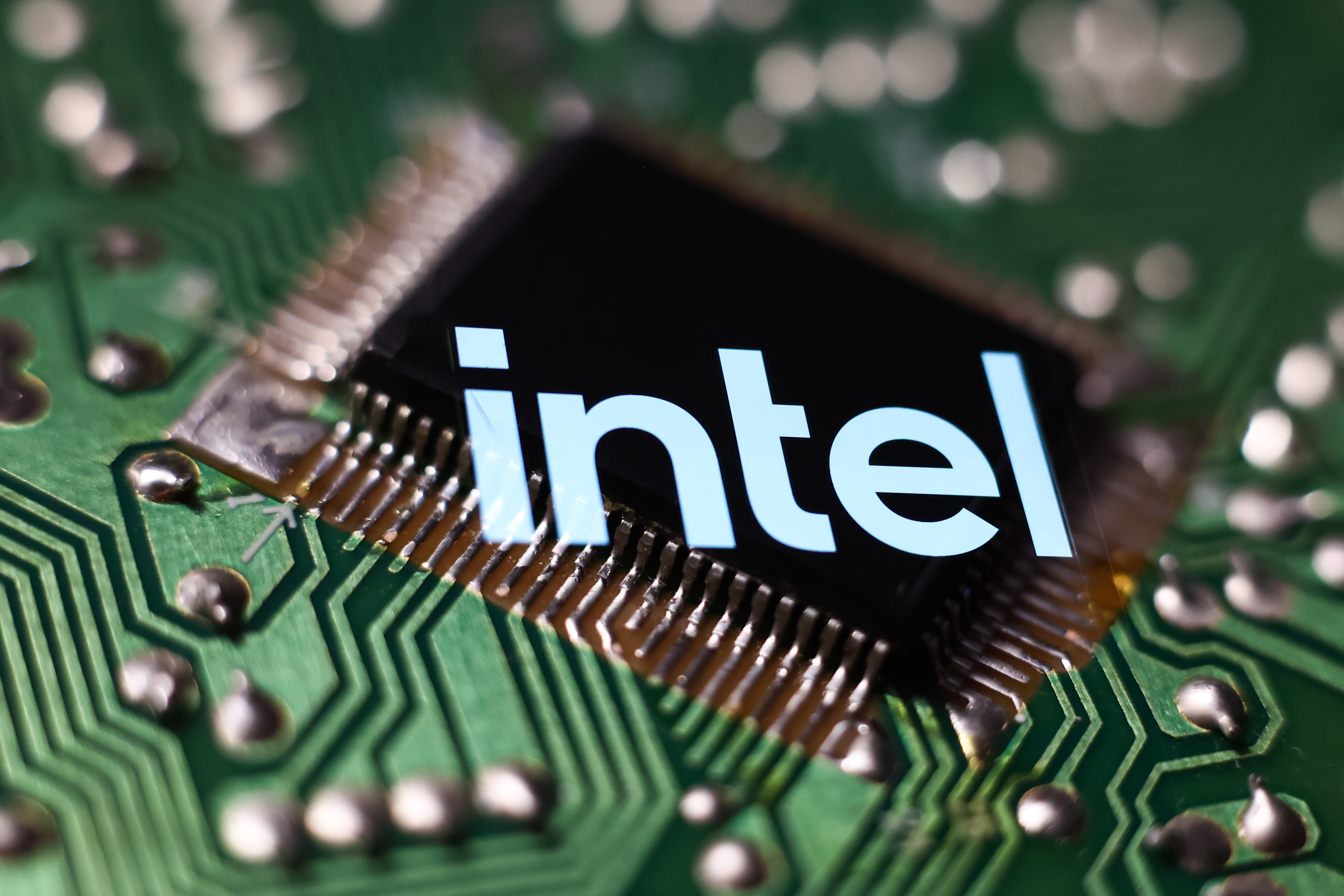Intel CEO: AI PC will be "the star of the show” in 2024
Intel isn't alone in focusing on AI PC developments in recent months
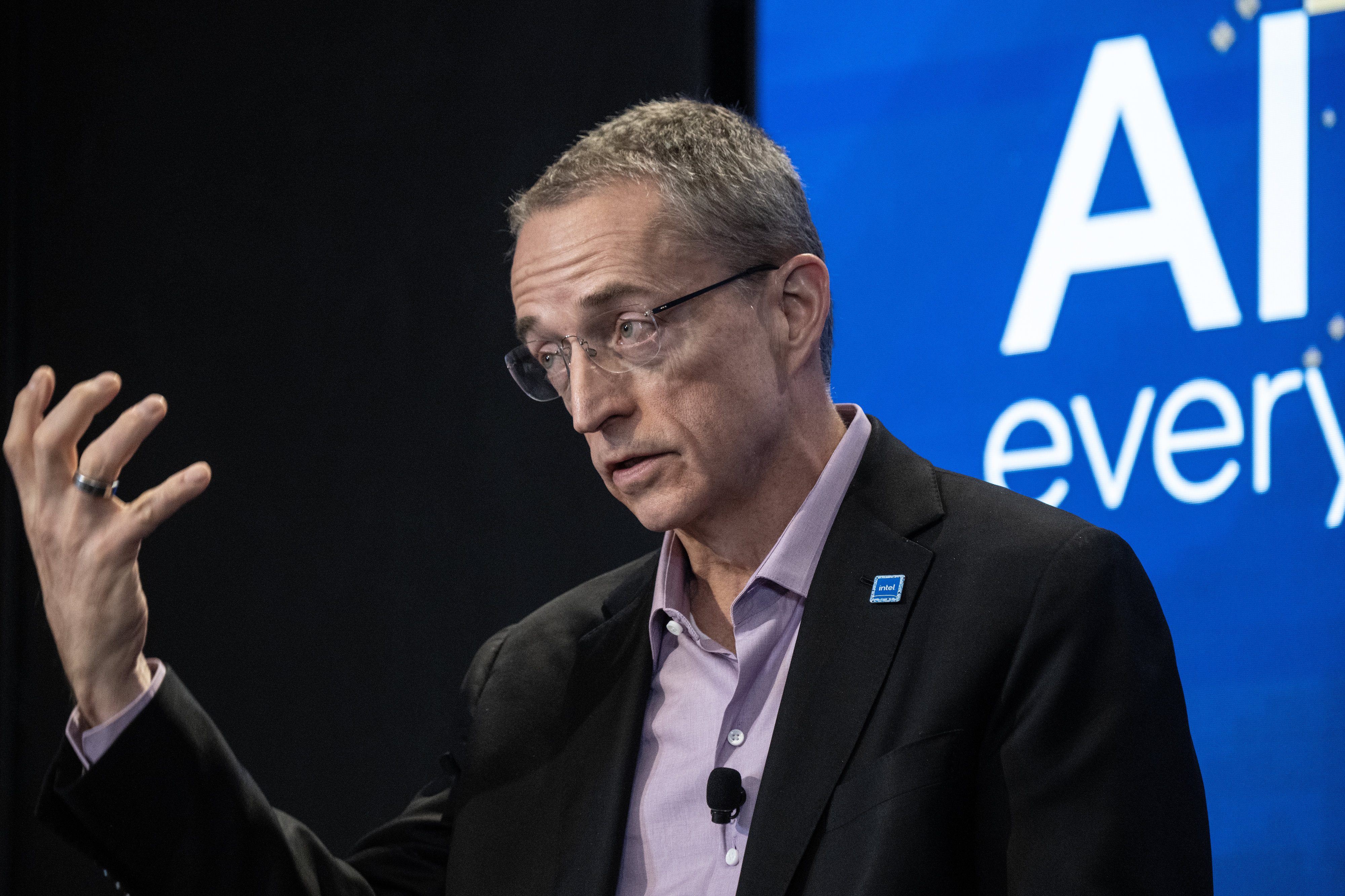

Intel has announced a series of new processors with dedicated neural processing units (NPU) for artificial intelligence (AI) workloads in a bid to capitalize on the emerging AI PC trend.
The firm’s Core Ultra mobile processors were unveiled at its ‘AI Everywhere’ event in New York City, and will be used in more than 230 new devices labeled AI PCs.
The Core Ultra processors will feature Intel’s latest NPU, AI Boost, which is optimized to deal with longer-running AI workloads at low power, boasting 2.5x better power efficiency over previous generations.
The company also announced its own AI chip, Gaudi3, built specifically for running AI models as it looks to compete with Nvidia’s H100 and AMD’s upcoming M1300x.
But the spotlight was placed firmly on the emerging AI PC trend, with Intel CEO Pat Gelsinger suggesting that this represents the future of computing.
“We’ve been seeing the excitement with generative AI, the star of the show for 2023 … [w]e think the AI PC will be the star of the show for the upcoming year” Gelsinger said at the launch event in New York.
The list of partners using Intel’s Core Ultra processors includes, Dell, HP, Microsoft Surface, ASUS, and others, all of whom will try to capitalize on what they expect to be a bright future for AI PCs.
Get the ITPro daily newsletter
Sign up today and you will receive a free copy of our Future Focus 2025 report - the leading guidance on AI, cybersecurity and other IT challenges as per 700+ senior executives
Intel’s executive vice president and general manager of Client Computing Group, Michelle Johnson Holthaus, said the company is confident AI PCs will be the next generation of computing, citing research from the Boston Consulting Group.
“The launch of Intel Core Ultra represents the unmatched scale and speed at which Intel is enabling AI on the PC. By 2028, AI PCs will comprise 80% of the PC market and together with our vast ecosystem of hardware and software partners, Intel is best positioned to deliver this next generation of computing.”
Rush to enter the AI PC market
With interest in AI PC’s continuing to gather pace, device vendors are rushing to show off their latest AI-enabled computers to capture early adopters.
HP geared up for a new generation of AI-ready devices at its Imagine conference in October. The device manufacturer unveiled its new HP Move all-in-one device at the annual event, revealing that it will be infused with AI capabilities.
Speaking to ITPro, HP’s president of personal systems, Alex Cho, said a period of high demand for a new suite of AI-ready devices is driving this shift across the industry.
“Nothing has gone from early promise to mass adoption quite like AI,” Cho said.
“Tomorrow, everyone will experience the full potential of AI, as the PC goes from the personal computer to the personal companion.
RELATED RESOURCE

Discover how AI can increase your security team's productivity
The incentive to catch this wave of mass adoption of AI technologies has also prompted similar product announcements from manufacturers.
Lenovo, for instance, recently announced new AI PCs, the ThinkPad X1 Carbon, X1 2-in-1, and IdeaPad Pro 5i featuring Intel Core Ultra processors to catch this “wave of AI-enabled business computing”.
The third compute engine introduced in Intel’s Core Ultra processors, the NPU, will allow for more flexible offloading of compute tasks, freeing up the GPU and CPU boosting the devices’ efficiency and performance.
As AI continues to excite business leaders and technology specialists alike, we can expect more announcements of this nature as manufacturer’s look to make strides in realizing their AI PC ambitions.

Solomon Klappholz is a former staff writer for ITPro and ChannelPro. He has experience writing about the technologies that facilitate industrial manufacturing, which led to him developing a particular interest in cybersecurity, IT regulation, industrial infrastructure applications, and machine learning.
-
 Should AI PCs be part of your next hardware refresh?
Should AI PCs be part of your next hardware refresh?AI PCs are fast becoming a business staple and a surefire way to future-proof your business
By Bobby Hellard
-
 Westcon-Comstor and Vectra AI launch brace of new channel initiatives
Westcon-Comstor and Vectra AI launch brace of new channel initiativesNews Westcon-Comstor and Vectra AI have announced the launch of two new channel growth initiatives focused on the managed security service provider (MSSP) space and AWS Marketplace.
By Daniel Todd
-
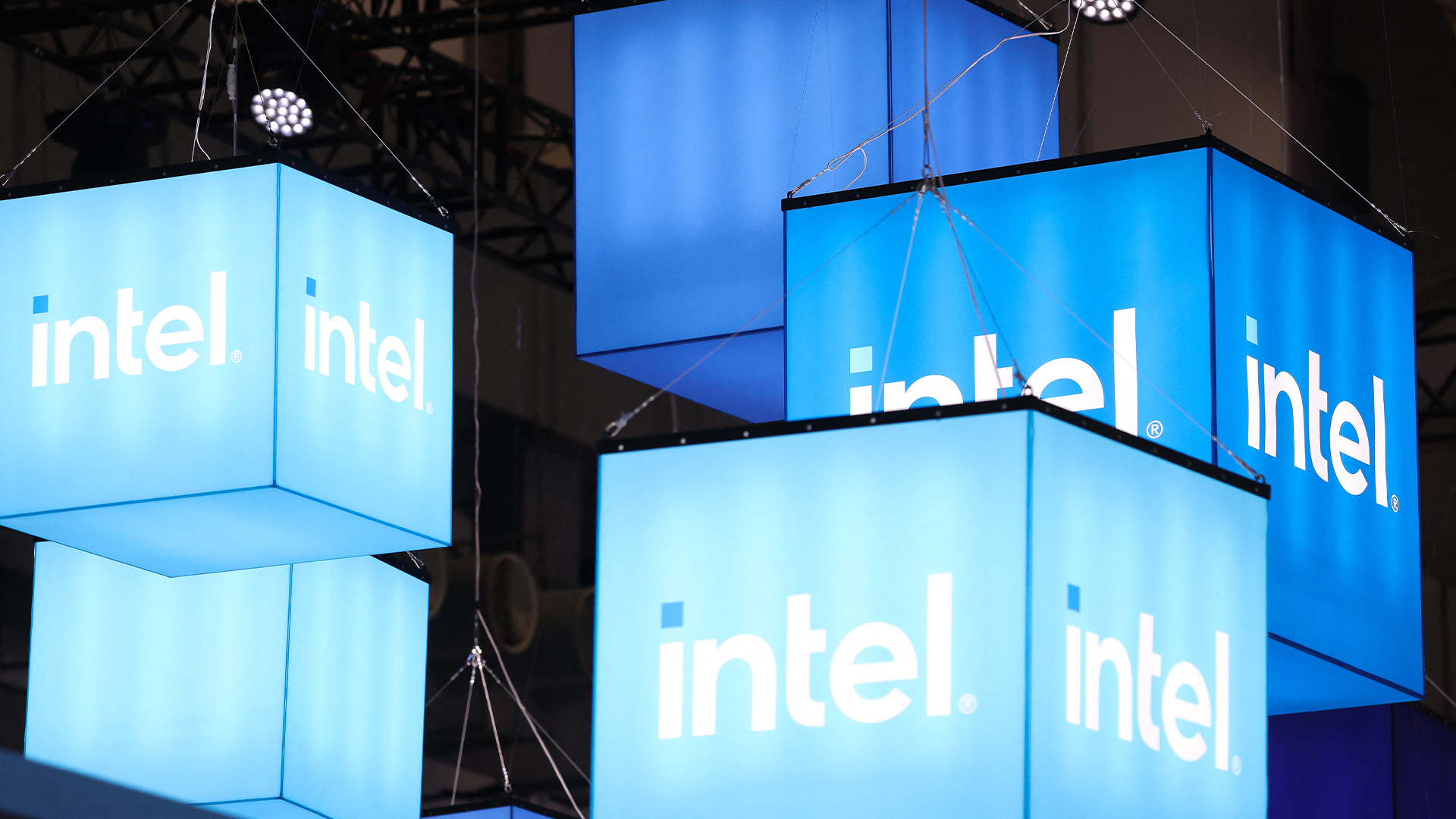 The gloves are off at Intel as new CEO plots major strategy shift
The gloves are off at Intel as new CEO plots major strategy shiftNews Intel’s incoming CEO has some big plans for the firm’s business strategy, sources familiar with the matter have told Reuters, with more job cuts looming on the horizon.
By George Fitzmaurice
-
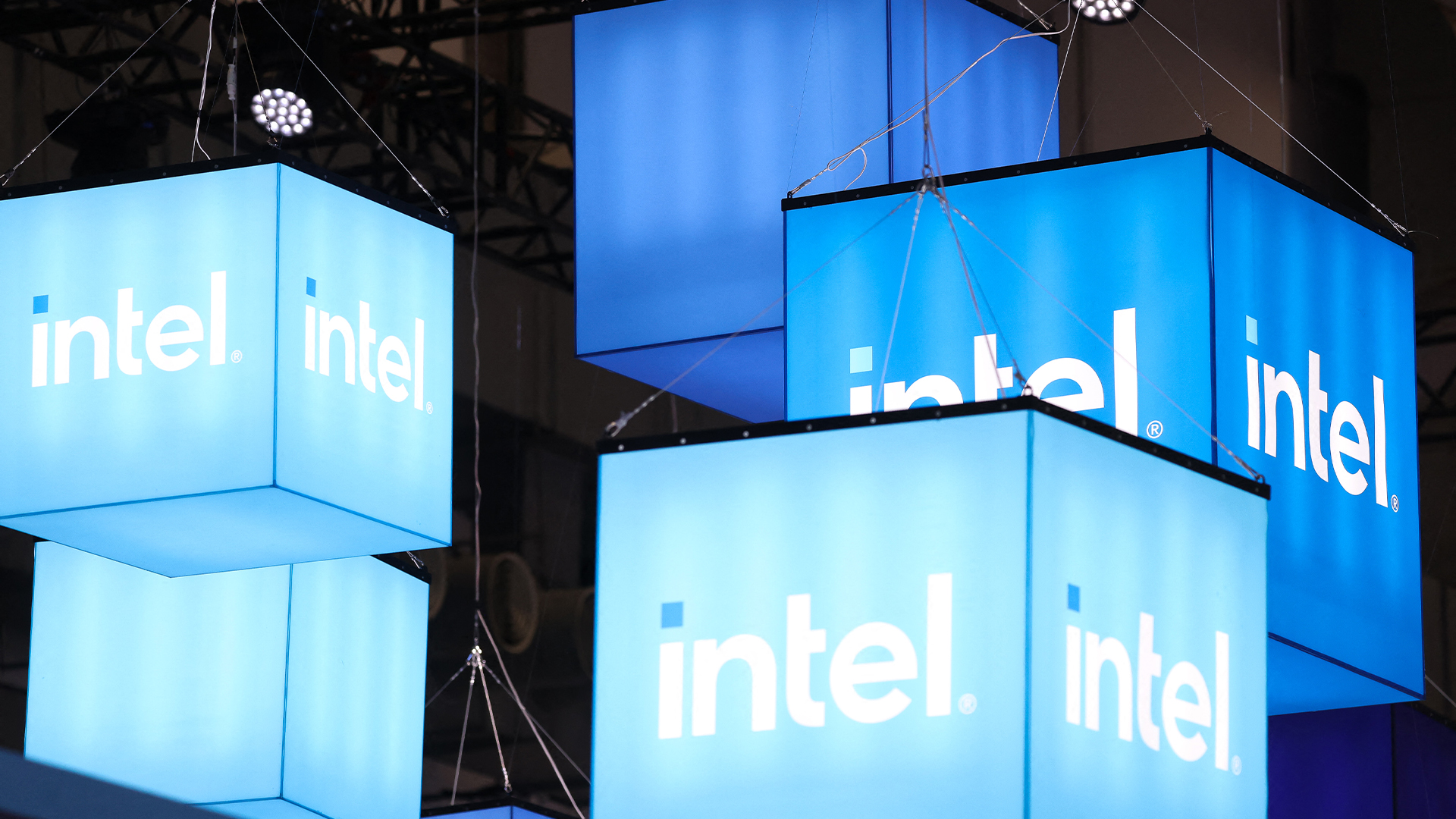 Intel just won a 15-year legal battle against EU
Intel just won a 15-year legal battle against EUNews Ruled to have engaged in anti-competitive practices back in 2009, Intel has finally succeeded in overturning a record fine
By Emma Woollacott
-
 AMD and Intel’s new x86 advisory group looks to tackle Arm, but will it succeed?
AMD and Intel’s new x86 advisory group looks to tackle Arm, but will it succeed?News The pair will look to make x86 CPU architecture more interoperable
By George Fitzmaurice
-
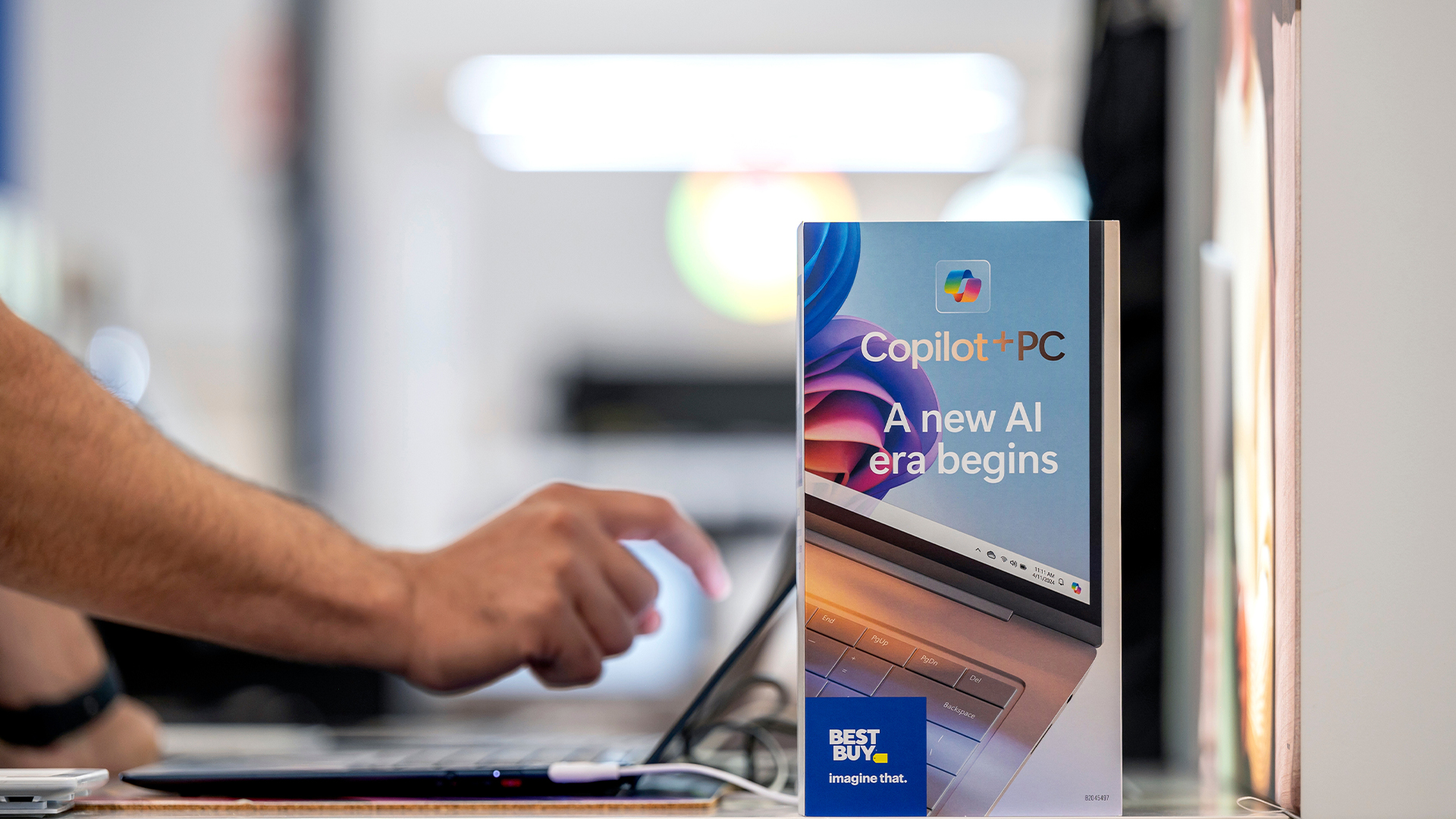 Why the world is about to be swamped with AI PCs
Why the world is about to be swamped with AI PCsNews With adoption rates set to surge, AI PCs will become far more mainstream in years to come
By Nicole Kobie
-
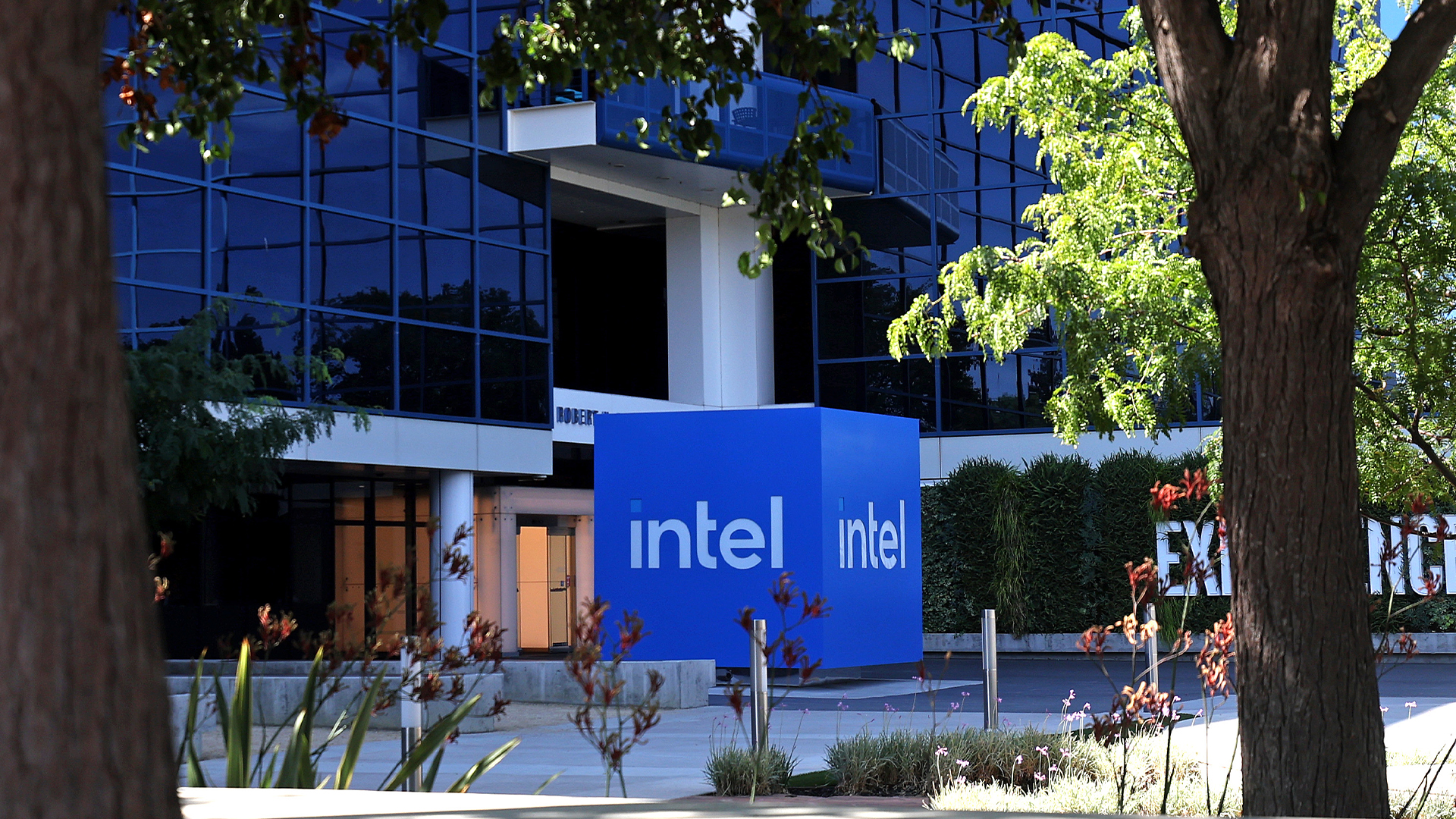 Intel needs to “get its story right” to turn things around and capitalize on the AI boom
Intel needs to “get its story right” to turn things around and capitalize on the AI boomAnalysis Intel has entered a period of uncertainty after announcing restructuring plans and a huge round of layoffs
By George Fitzmaurice
-
 How monitors deepen your employee experience and support your distributed workforce
How monitors deepen your employee experience and support your distributed workforcewhitepaper Drive business outcomes by empowering, enabling, and inspiring employees with the right monitors wherever they work from
By ITPro
-
 Forrester: Power up your hybrid workplace with monitors
Forrester: Power up your hybrid workplace with monitorswhitepaper Evolve remote work policies into work-and-learn-from-anywhere strategies
By ITPro
-
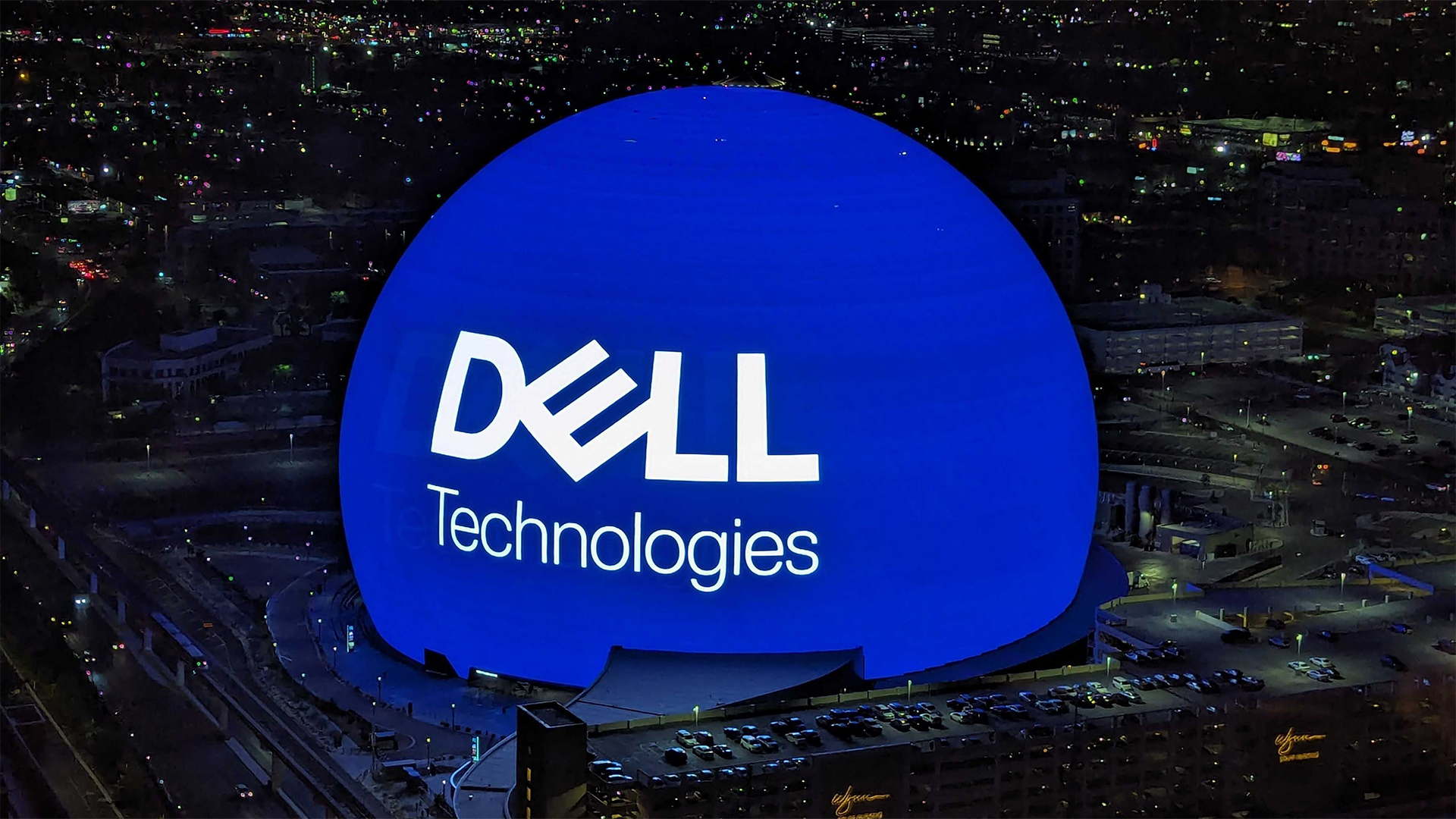 Driving employee experience and productivity across industries
Driving employee experience and productivity across industrieswhitepaper Monitors are an imperative in the hybrid era
By ITPro
